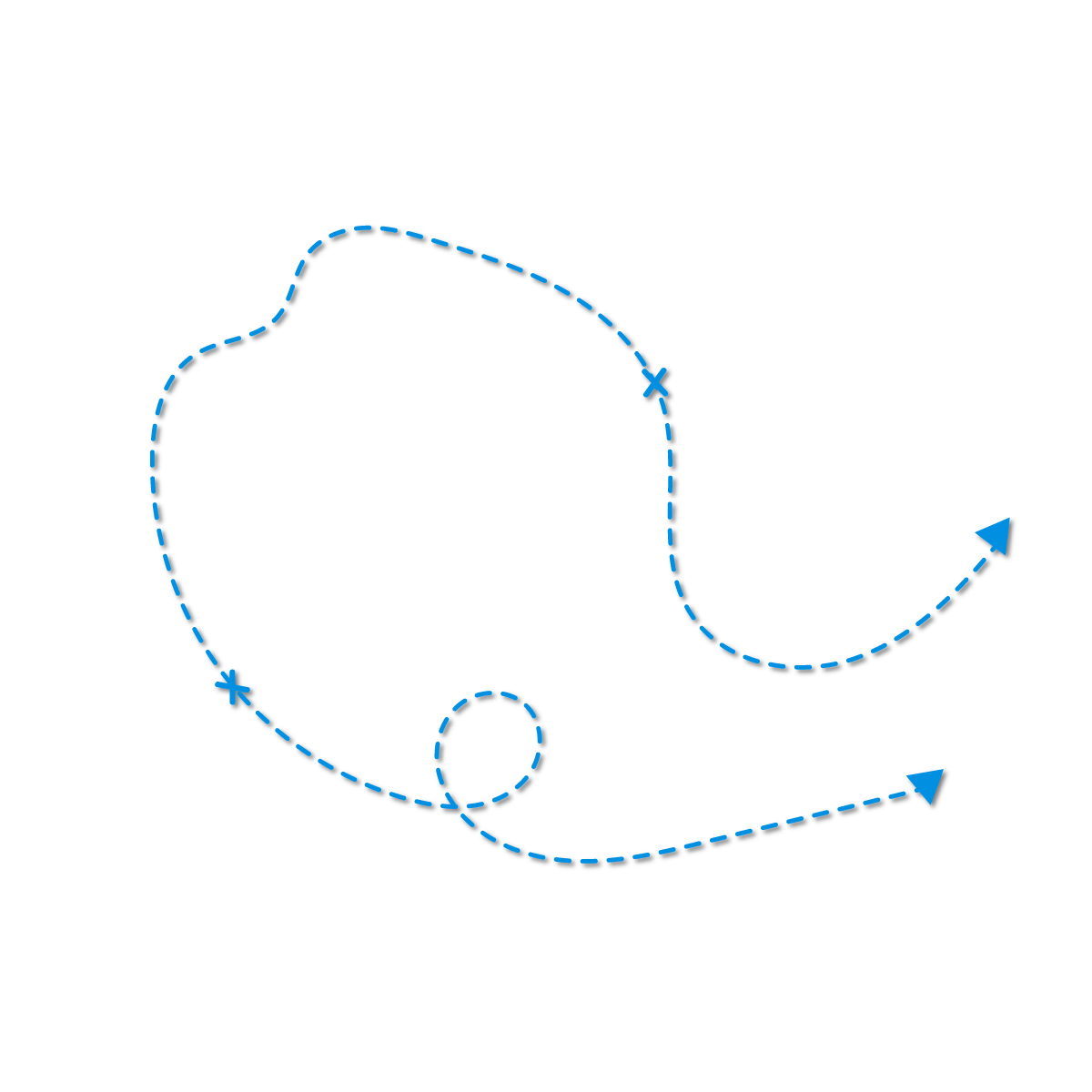Success Evaluations Beyond Stuttering
Measuring Our Members’ Success
Over the last 26 years we have helped thousands of people from all over the world to enjoy success in conquering their stutters. The majority of our members enjoy remarkable changes in their lives, but no programme or method works for everyone, and we are very transparent with our annual statistics and our new members’ success metrics.
Yearly, as part of our ongoing quality control, our new students’ Personal Primary Coaches and Regional Directors (aka RD) submit reports on their students directly to Dave McGuire. Each year one or more Evaluation Auditors (aka EA) verify and audit our members who have been successful rated by our coaches and Regional Directors. Since 2003 we have rated those who we could NOT contact as unsuccessful.
It is important to note that our evaluation criteria are very strict and our process is very rigorous. At least two members of our staff evaluate each new member 12-18 months after they join the Programme, and these evaluations are consistently lower than the perceived success of members’ own self-assessments. Each year we use this valuable information to make continual improvements to the Programme, ensuring that we offer our members the most comprehensive support possible.
2,443
Total Number of New Members (2014 to 2019)
The following shows our new members’ total success rates over the past five years – 2014 to 2018
OVERALL SUCCESS INCLUDING NON-RESPONDENTS
72% of all new McGuire Programme members from 2014-2018 were rated successful even 12-18 months after they joined the programme. Note that this figure rates all non-respondents as "unsuccessful," and is what the McGuire Programme treats as its true overall success rate.
SUCCESS RATE OF MEMBERS WHO WERE ACTIVE FOR AT LEAST 6 MONTHS AFTER THEIR 1ST COURSE
94% of all new McGuire Programme members from 2016-2018 who took advantage of their INCLUDED Lifetime Support Memberships for at least 6 months were rated as successful 12-18 months after they joined.
OVERALL SUCCESS RATE EXCLUDING NON-RESPONDENTS
Unlike the McGuire Programme, many other programs do not include non-respondents in their success rate calculations. Using this method, 81% of new McGuire Programme members would have been rated successful from 2015-2018.
PERCENTAGE OF MEMBERS WHOSE QUALITY OF LIFE IMPROVED AFTER JOINING THE PROGRAMME
84% of all new McGuire Programme members from 2014-2018 attributed an increased Quality of Life to the McGuire Programme and their improved speaking abilities.
It should be noted that many other intensive programmes for those who stutter only measure success via self-assessments, and only factor in those who respond. Some other programmes measure success by assessing in the clinic and/or on the last day of an intensive course.
We consider these evaluation processes to be flawed and inaccurate for the following reasons:

